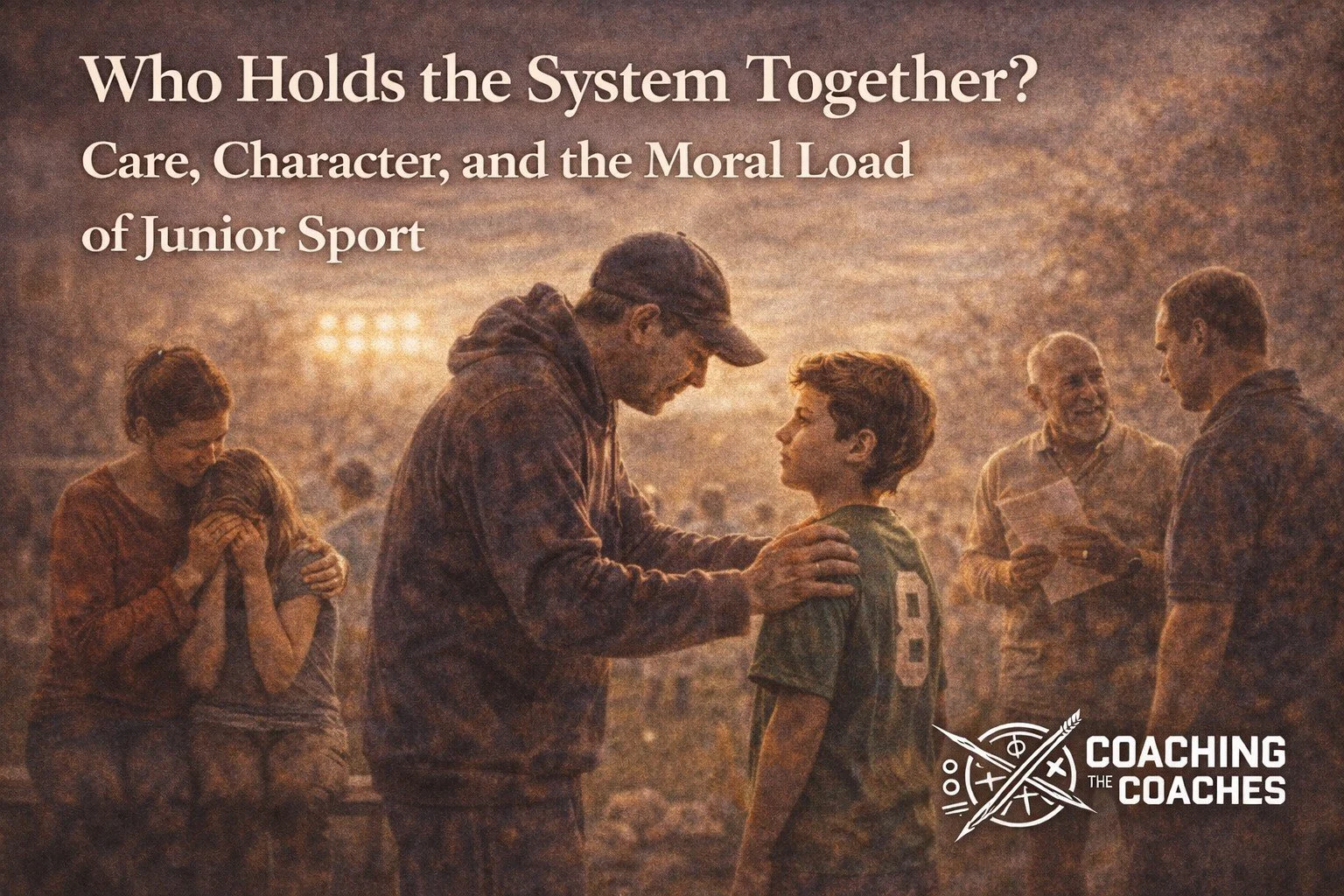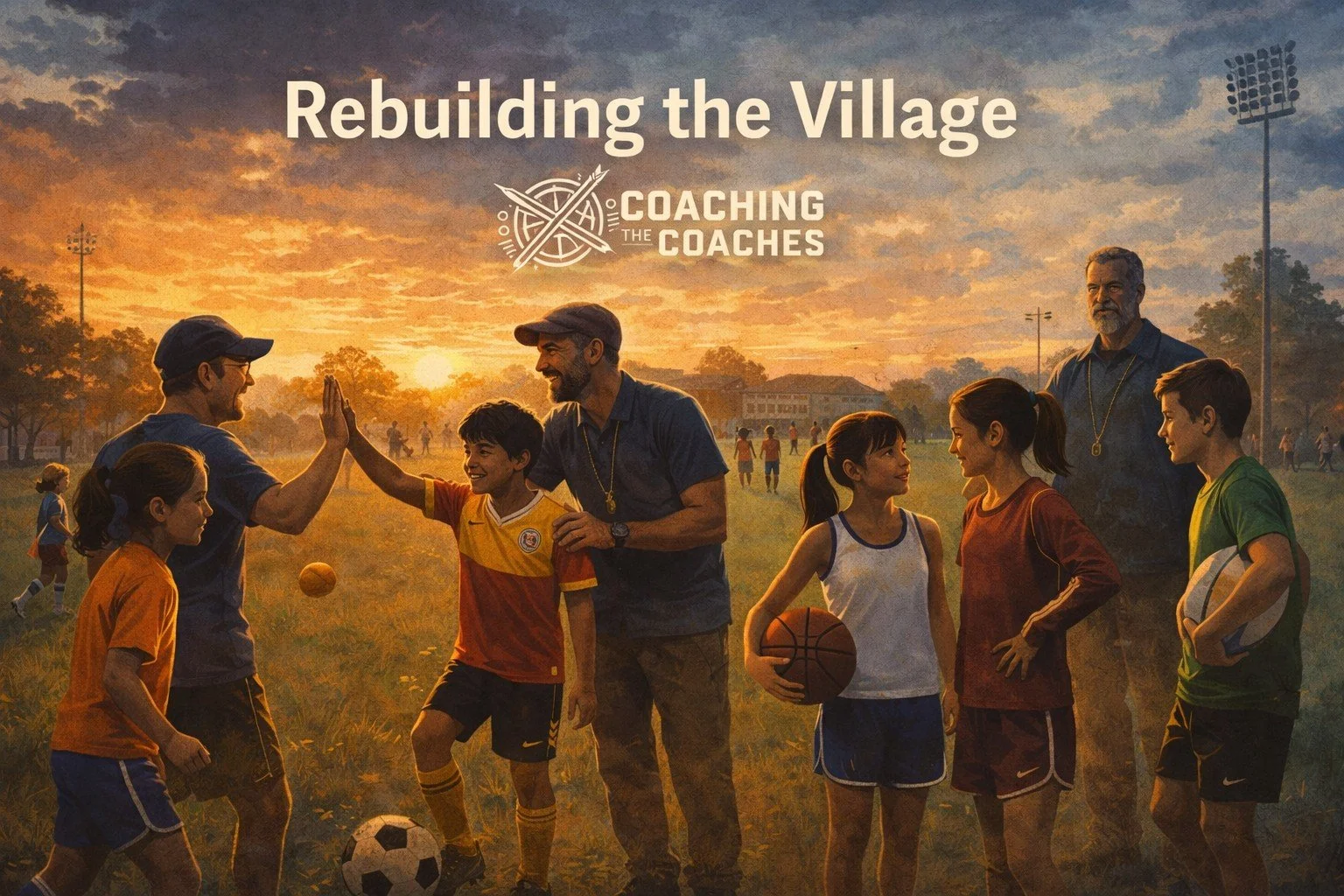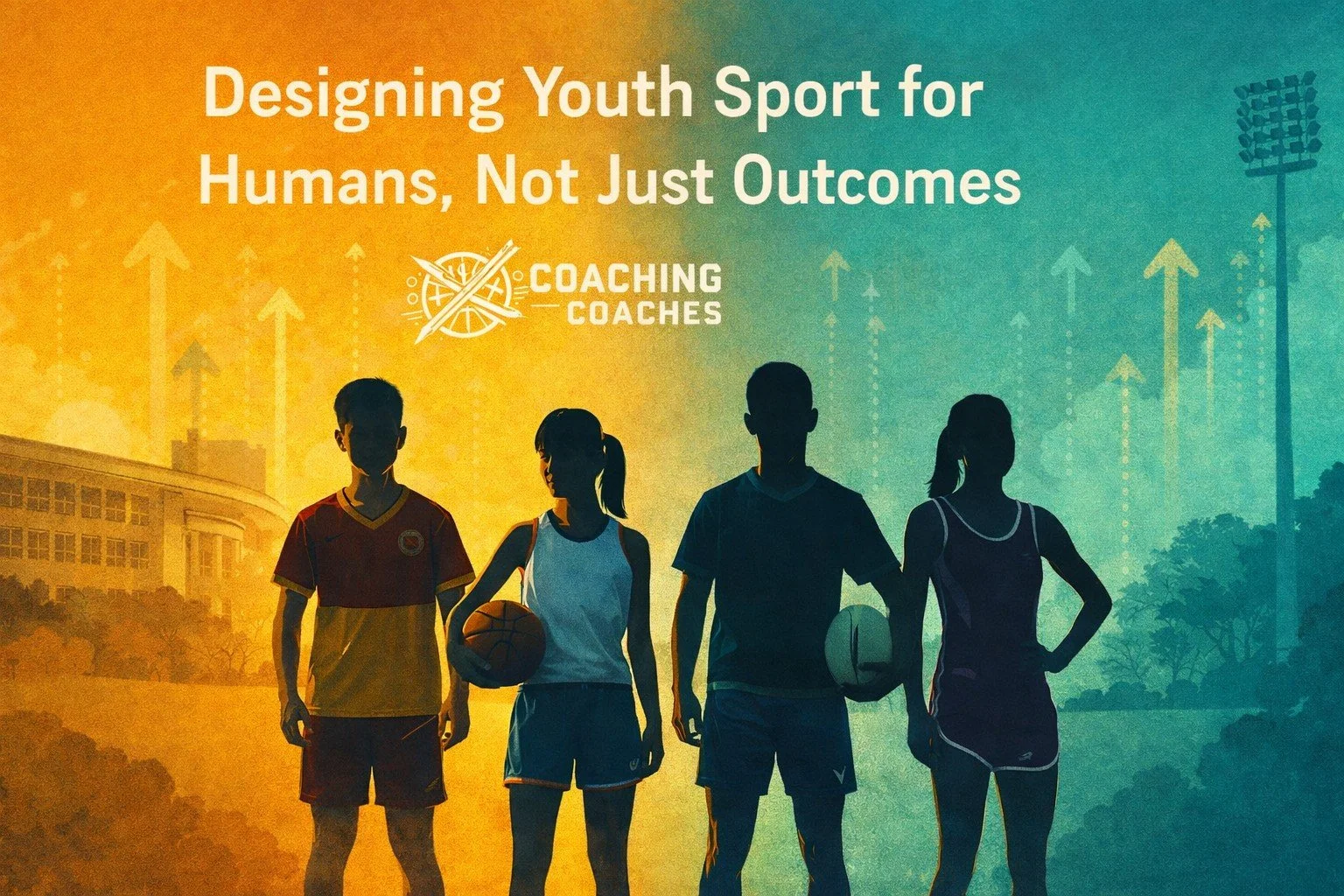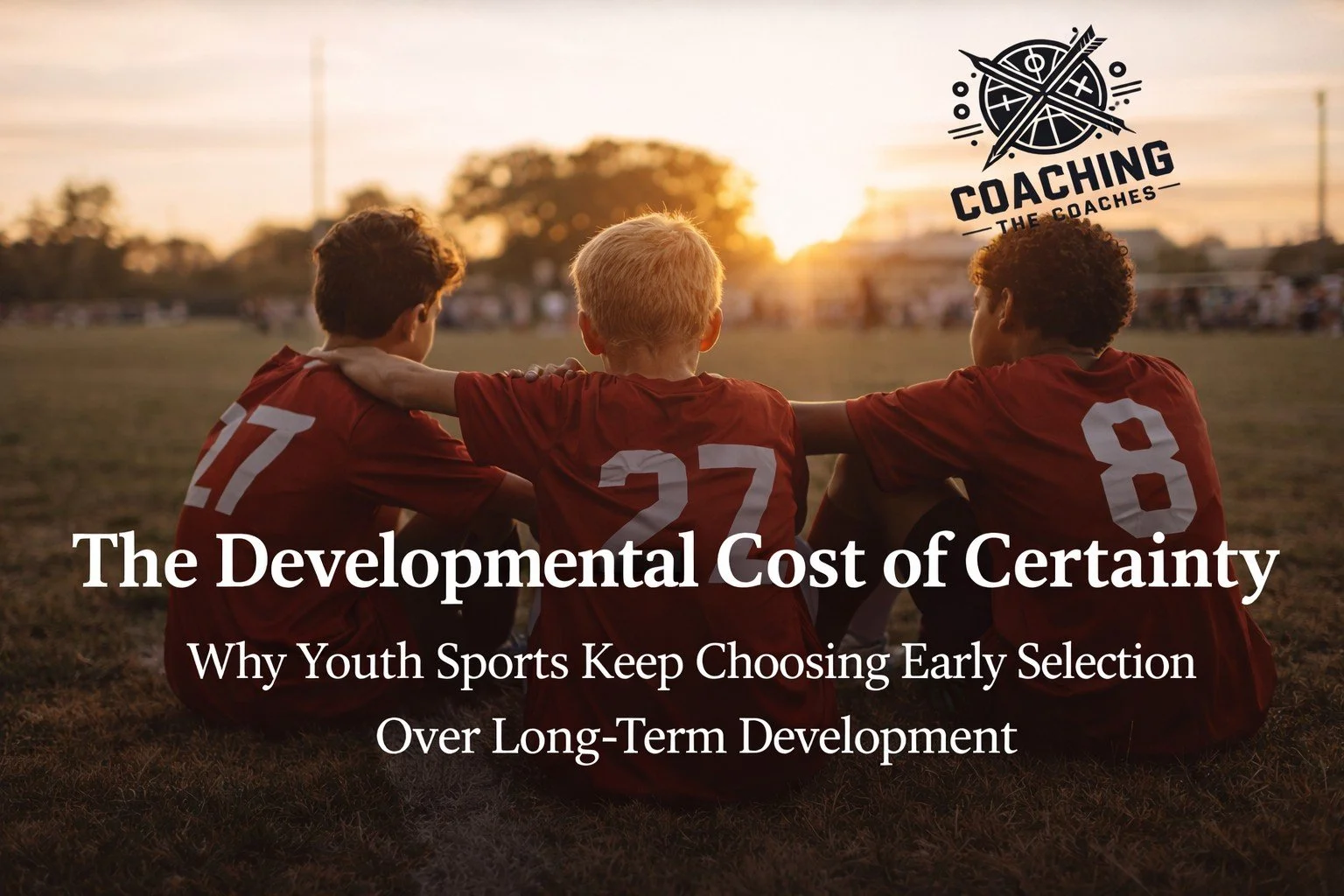Who Holds the System Together? Care, Character, and the Moral Load of Junior Sport
/Junior sport often presents itself as a system of rules, pathways, and policies....but in practice, it is held together by people quietly doing moral work. Volunteer coaches, parents, administrators, and mentors absorb emotional labour, manage conflict, protect values, and buffer young athletes from the sharp edges of performance culture. This care work is rarely recognised, yet it shapes how safe, meaningful, and human sport feels for those growing up inside it.
This long-form piece explores junior sport as a moral ecosystem, asking who carries the burden of care when systems prioritise outcomes over relationships. Drawing on sport sociology, moral psychology, and youth development research, it examines how character is shaped not by slogans or codes of conduct, but through everyday decisions about attention, fairness, belonging, and restraint....and what happens when that moral load becomes unsustainable.
Read More





